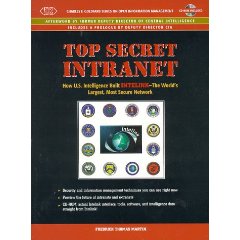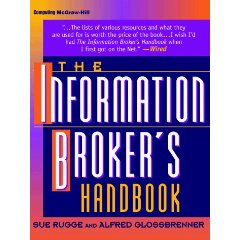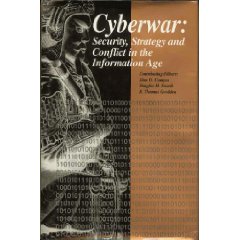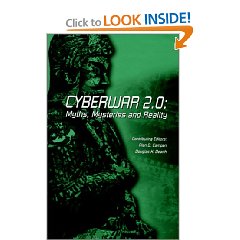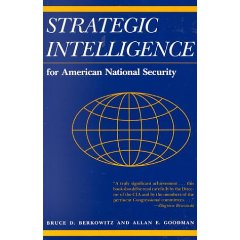April 7, 2000
Fredrick Thomas Martin
I was given this book at Hacker's (the MIT/Silicon Valley legal and largely very rich group, of which I am an elected member) by a NASA engineer, went to bed, could not get the book out of mind, got up, and read it through the night. If it were not for the fact that Intelink is largely useless to the rest of the world and soon to be displaced by my own and other “extranets”, this book would be triumphal. As it is, I consider it an extremely good baseline for understanding the good and the bad of how the U.S. Intelligence Community addresses the contradictions between needing access to open sources and emerging information technologies while maintaining its ultra-conservative views on maintaining very restricted access controls to everything and everyone within its domain. I have enormous regard for what these folks accomplished, and wish they had been able to do it openly, for a much larger “virtual intelligence community” willing and able to share information. For a spy, information shared is information lost-until they get over this, and learn that information not only increases in value with dissemination but is also a magnet for 100 pieces of information that would never have reached them otherwise, the U.S. Intelligence Community will continue to be starved for both information and connectivity….an SGML leper in an XML world.

